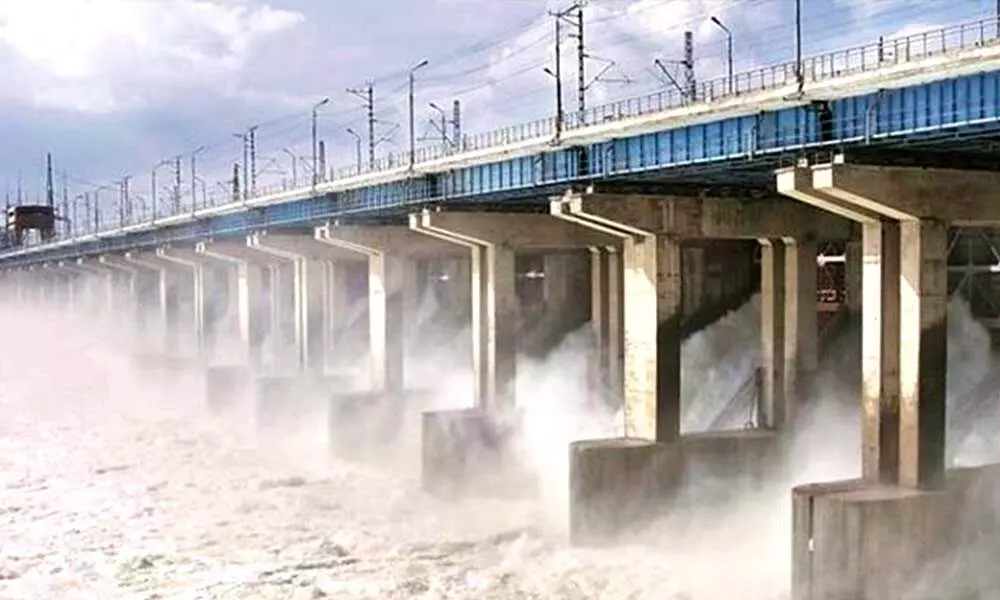Hydro capacity addition in India remains sluggish
Despite India’s increasing thrust on renewable energy, hydro energy segment still remains systemically important from the grid perspective so as to meet the flexibility requirements/peaking power supply.
image for illustrative purpose

Despite India's increasing thrust on renewable energy, hydro energy segment still remains systemically important from the grid perspective so as to meet the flexibility requirements/peaking power supply. Interestingly however, this strategic importance of the hydro sector notwithstanding, hydro capacity addition in India has remained sluggish over the years, with the significant execution challenges as also seen in the incremental capacity addition of about 22GW between 2000 and 2021, representing CAGR growth of mere three per cent in hydro segment, going by a recent study by ICRA. As a result, the share of hydro in the overall power generation capacity has declined considerably over the years.
That's not all. Going forward also, the share of renewables (solar and wind segment) is estimated to grow considerably in the energy generation mix, and more so with improved tariff competitiveness of solar and wind energy and strong policy focus by Government of India (GoI).
Mind you that the hydro energy segment faces more challenges than one like elongated construction schedule, significant resettlement and rehabilitation and land acquisition issues, delays in clearances and geological/ topological risks which have led to significant time and cost over-run for hydro projects. This is also reflected from the fact that average project cost for the commissioned hydro project capacity by CPSUs during FY 2017-2021 remained at about Rs13-14 crore/MW. Given the high level of capital intensity for hydro projects, tariff competitiveness of hydro energy too remains modest from the ultimate off-takers' perspective. On the contrary, tariff competitiveness for solar and wind energy has significantly improved with the bid tariffs remaining well below Rs 3/unit for last 3-4 year period as against the average power purchase cost for majority of the state discoms remaining in the range of Rs 4-5/unit, depending on the mix of sources in power purchased.
Having said all these, one must remember that the government is not sitting idle. A proper policy framework to further the growth of hydro energy segment is already in place. The Centre has outlined policy measures over the last two-year period to promote the investments in hydro segment through notification of hydro power purchase obligation (HPO) norms, long-term trajectory for HPO as well as tariff rationalization measures. Hydro power purchase obligation is set at 0.18 per cent for FY22 which in turn is set to increase upto 2.82 per cent by FY30 at national level, as notified by Ministry of Power.
Significantly, while tariff rationalisation measures have been outlined by Ministry of Power in March 2019, the same are yet to be incorporated by CERC in its tariff regulations applicable for hydro projects. Further, the policy clarity in terms of support measures especially for pumped hydro storage capacity remains a key monitorable as well.

